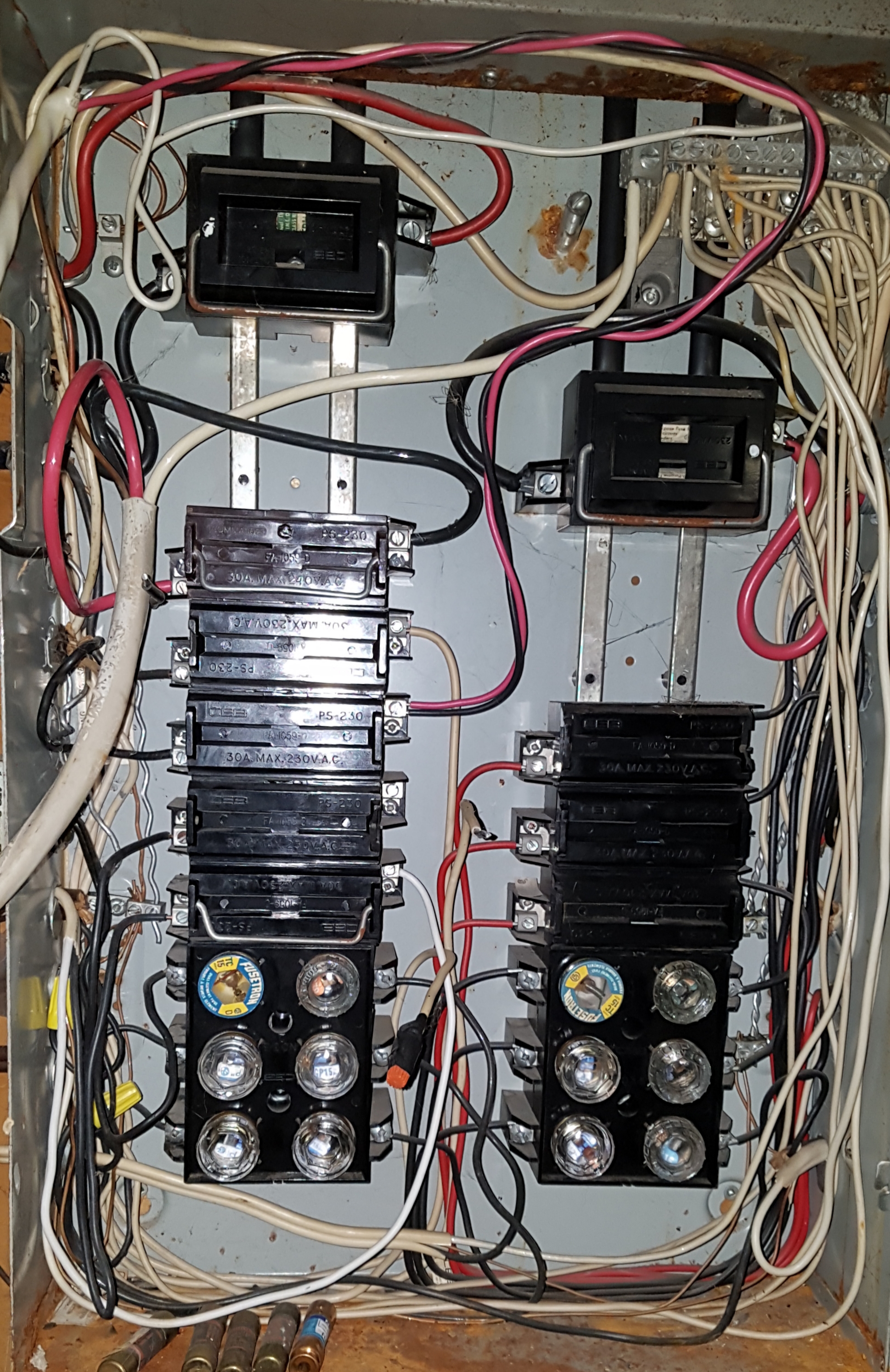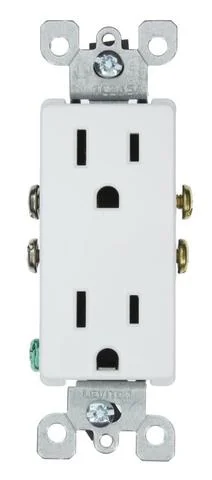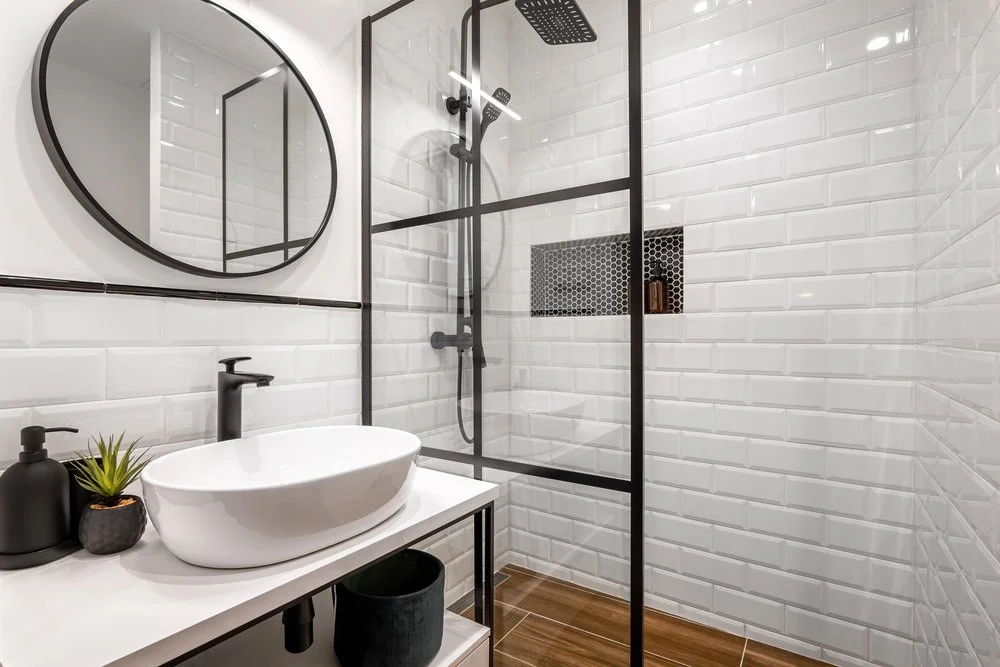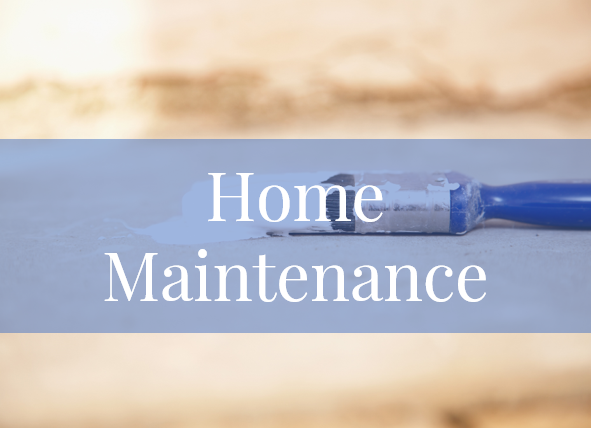My Fuses Are Blowing! Should I Get a New Electrical Panel?
/Blowing fuses isn’t just annoying—it’s a sign something’s not quite right with your home’s electrical system. But will a new breaker panel really solve the issue? Let’s dive into what’s happening behind the scenes and how you can address it without wasting time or money.
We frequently do quotations for our clients for new electrical panels. Something we commonly hear is,
I need to get a new breaker panel because I’m constantly blowing fuses
Unfortunately, getting a new electrical panel won’t solve this problem. I spoke to Paul Kacaba, owner of Multi Trade Building Services and a Master Electrician. Through his advice and knowledge, this post talks about why you might truly need a new electrical panel and what you need to do when your fuses are constantly blowing.
Blowing Fuses/Breakers? Why Putting in a New Electrical Panel Won’t Solve the Problem
Circuits most often blow because of two reasons:
A short in the circuit
Overloaded circuits
A short in the circuit can occur when a combination of the hot, neutral, and ground have somehow come together. This can occur when a wire has been damaged, nicked, stressed, cut, or has a loose connection. For example, if you are hanging a picture on the wall and you hammer a nail into a wire, you could nick the wire, causing a short. Another example is when rodents such as mice have eaten through wires in walls or attics.
Prefer to listen?
We were called in to troubleshoot an electrical problem in a client’s home after she was painting in her living room and her breaker tripped. It turns out she was removing the covers from her receptacles to prepare for painting. Although the receptacles were safe with the covers on, when she removed them, an improperly installed receptacle was left with loose connections; it shifted in the device box and caused a short.
An internal wiring problem in an appliance can also cause a short circuit. For example, if a lamp is miswired and plugged into an outlet, it can cause the whole circuit connected to that outlet to blow.
Overloaded circuits very commonly cause fuses or breakers to blow. According to the Ontario Electrical Safety Code, certain items in your home must be on a dedicated circuit. This means that only one item should be on that circuit. These items include dishwashers, microwaves, fridges, freezers, washing machines, dryers, stoves, kitchen counter plugs, island and peninsula receptacles, garburators, central vacuums, electric cars, whirlpool tubs, hot tubs, saunas, furnaces, and air conditioners (central air or window units). When other items in your home (even if it’s just a light or receptacle) are on these circuits, it can cause the circuit to blow.
The Ontario Electrical Safety Code also dictates that no more than 12 non-dedicated items should be on one circuit. That means that if there are 9 receptacles and 6 lights on one circuit, you have an overloaded circuit.
Any of the above conditions, as well as several others, can cause a fuse or breaker to trip. The source of the problem needs to be identified by a professional and corrected. Simply putting in a new electrical panel will not solve the problem.
What Can a Homeowner Do When Circuits Are Blowing?
Paul Kacaba, from Multi Trade Building Services cautions,
Never put in a larger amp fuse or breaker when you are blowing circuits. Just like Tim the Toolman Taylor, you will be putting too much power through the wire and potentially creating too much heat, sparking, and even a fire.
The first step to correcting blowing fuses is to complete a thorough electrical panel labelling. This is a two-person job that requires one person to stay at the electrical panel and a second person to go to each light, receptacle, or appliance in the house and identify which fuse or breaker controls it. Turn on the lights in one room and plug something into each receptacle, such as a lamp, night light, or radio. The person at the panel then starts unscrewing one fuse at a time (or switching off one breaker at a time) until the light or receptacle turns off. You have then identified and can record which circuit controls that light or receptacle.
Continue to do this until you have identified the circuit for each item in your house. Looking at the chart you created will clarify if any circuit is overloaded or if there are items that should be dedicated but are not. If so, it’s time to call in a Licensed Electrical Contractor to correct the problem. You can find an electrical contractor in Ontario by clicking here
If labelling your electrical panel and analyzing the results seems like too daunting a task for you, please contact us , and we’d be happy to complete it for you.
Why Might Someone Want a New Electrical Panel?
There are several reasons why you might need a new panel.
You might be getting a pool, hot tub, or workshop and have greater electrical needs within your home.
The insurance company requested it.
Appearance of the existing one—it doesn’t look safe.
You have an old 60-amp electrical panel.
There are no spare spaces within the existing one. Renovations might be planned that require a new breaker or fuse to be installed.
Your meter might be on the inside of your home, and you or the utility company have requested that it be moved to the exterior.
Knob and tube wiring exists in your home, and you want to upgrade.
Your panel might be located in your garage, basement bathroom, or some other unsafe location.
You have a separate auxiliary (pony) panel and want to put all circuits into one electrical panel.
Is a 200-Amp Panel Worth It?
There is one big benefit to having a 200-amp electrical panel.
There are no limitations on power. For the average home, this would provide more power than you would ever need, and therefore there would be no limitation on power usage. Electrical requirements are much lower now with the onset of gas appliances.
Disadvantages: The main disadvantage to putting in a 200-amp electrical panel is the cost of installation, which can run you $500–$1000 more than just a 100-amp panel. Also, if you are blowing fuses because of an overloaded circuit or a short in the system, getting a new electrical panel will not fix the problem.
Solar panels on the roof of a home
Under What Circumstances Should You Upgrade to a 200 Amp Panel?
If you are installing solar panels
If you have baseboard or electrical heat
You have an electric furnace
You are getting a pool, hot tub, workshop, or sauna
You are getting an electric car
Unless you are meeting one of the criteria above or just want the peace of mind of having no limitations on your power usage, you really don’t need to spend the extra money on a 200-amp panel upgrade.
Sparking Receptacles
DECORA RECEPTACLE
If you have receptacles or lights that are sparking or showing black marks on the receptacle or cover, it’s time to call in a Licensed Electrical Contractor immediately. This is a fire hazard and should be looked at right away! We often see this situation when aluminum wiring is connected to a copper-rated receptacle. If you have aluminum wiring in your house, check to ensure you don’t have any decora-style receptacles or switches in your home. The only circumstances in which decora receptacles are accepted with aluminum wiring are when the aluminum is transitioned to copper.
Do you have questions about the electrical system in your home? Leave us a question below in the comments, and we’ll answer it as quickly as possible. Be sure to share this post with family and friends to ensure their safety too.

























